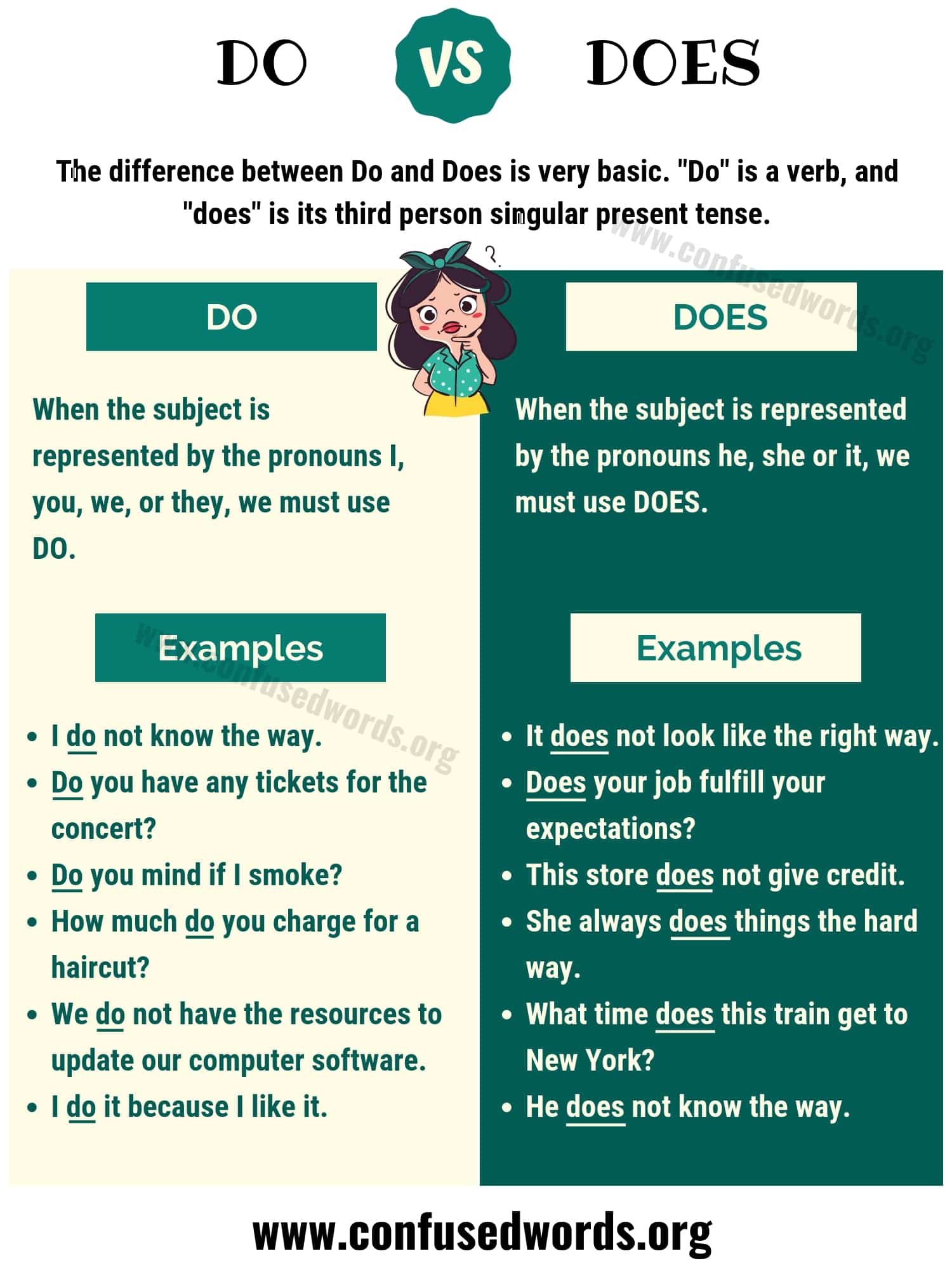Understanding Sports Business: Foundations, Opportunities, and Industry Insights
Introduction: The Modern World of Sports Business
The sports business industry stands at the intersection of commerce, entertainment, and culture. It is far more than what happens on the field; it encompasses a vast network of commercial activities, organizational management, and global outreach that drive the modern sports ecosystem. As the industry continues to grow, understanding its core principles, structures, and emerging opportunities becomes essential for anyone considering a career or investment in this dynamic arena.
[1]

Source: amhgdbjaiyc.blogspot.com
Defining Sports Business: Scope and Core Concepts
At its core,
sports business
refers to the off-field business activities that enable sporting events, teams, and organizations to thrive. This includes sponsorships, athlete management, broadcasting rights, merchandising, ticket sales, and fan engagement.
[2]
The sports industry is a major economic driver worldwide, estimated at $2.65 trillion in 2023, encompassing professional leagues, amateur athletics, recreational programs, and related products and services.
[3]
Unlike on-field performance roles such as coaching or sports medicine, the sports business domain focuses on the commercial and organizational operations that make sporting experiences possible. These include:
- Marketing and Brand Management : Building and maintaining the reputation of teams, leagues, and athletes.
- Event Management : Planning and executing sporting events, from local tournaments to global championships.
- Sponsorship and Partnerships : Establishing mutually beneficial relationships with companies and brands.
- Media and Broadcasting : Negotiating and managing TV, radio, and digital rights.
- Facility and Operations Management : Overseeing stadiums, arenas, and training complexes.
- Revenue Generation : Developing strategies for ticket sales, merchandising, and licensing.
These pillars create a robust ecosystem where sports business professionals blend commercial acumen with a passion for sport.
[4]
Industry Structure and Economic Impact
The sports business industry comprises multiple stakeholders: leagues, teams, athletes, sponsors, media outlets, fans, and governing bodies. In the United States, the five major leagues (NFL, NBA, MLB, NHL, MLS) collectively represent over $196 billion in net worth, with the NFL alone valued at over $74 billion.
[3]
Revenue streams are increasingly diversified, with digital media, international merchandising, and experiential fan engagement becoming critical growth areas.
Case studies like Real Madrid’s global brand strategy show how effective management and international outreach can transform a local club into a worldwide business powerhouse.
[4]
Emerging sports markets and the globalization of leagues such as the NBA and English Premier League illustrate how sports organizations are expanding their reach through international games, partnerships, and digital content.
Key Principles of Sports Business Success
To succeed in sports business, professionals must master several core principles:
- Market Analysis : Understanding consumer demand, industry trends, and fan preferences allows organizations to tailor their offerings and stay competitive.
- Revenue Diversification : Successful sports entities build multiple income streams, such as sponsorships, broadcasting rights, ticketing, and merchandising.
- Brand Management : Creating a strong, recognizable brand helps teams and athletes attract fans and commercial partners.
- Globalization : Expanding into new markets increases revenue and brand visibility.
- Adaptability : Responding to technological changes, shifting fan behaviors, and new media channels is crucial for sustained growth.
For example, the NBA’s active engagement with Chinese fans through digital platforms has contributed significantly to its global fan base and revenue.
[4]
Career Paths and Educational Opportunities
Sports business offers a wide range of career paths, including roles in marketing, event management, sponsorship, athlete representation, facility management, and media relations.
[1]
Aspiring professionals typically pursue degrees in sports management, business administration, or marketing, often supplemented by internships or entry-level positions in sports organizations.
For those interested in formal education:
- You can research universities with accredited sports management programs by visiting the official websites of recognized institutions or searching for “sports management degrees” through your preferred search engine.
- Look for programs that offer experiential learning, industry placements, and networking opportunities with sports organizations.
- Professional associations, such as the North American Society for Sport Management (NASSM), publish resources and host events that can help you learn more about industry requirements and opportunities.
Entrepreneurship and Innovation in Sports Business
Sports entrepreneurship involves identifying and exploiting opportunities to create value through sporting activities. Unlike traditional business fields, sports entrepreneurship may focus on social value, community engagement, or the desire to win, alongside financial goals.
[5]
Examples include launching new sports leagues, developing fan engagement platforms, or creating unique merchandise lines.
To get started as a sports entrepreneur:
- Identify gaps in the market by analyzing fan needs, technological trends, and underserved sports communities.
- Develop a clear business plan that outlines your value proposition, revenue streams, and growth strategy.
- Network with industry professionals at conferences, trade shows, or through professional associations.
- Consider incubators or accelerators that specialize in sports technology or event management for mentorship and funding opportunities.
Challenges may include high competition, market volatility, and the need for industry connections. Solutions involve continuous learning, strategic partnerships, and adapting quickly to new trends.
Accessing Opportunities and Services in Sports Business
If you are seeking to enter or expand within the sports business sector, consider the following actionable steps:

Source: bettingusa.com
- Research Industry Segments : Use search terms like “sports marketing jobs,” “sports event management careers,” or “sports sponsorship opportunities” to find current openings and emerging niches.
- Engage with Official Industry Bodies : Professional organizations often provide job boards, networking events, and certification programs. Search for the North American Society for Sport Management (NASSM) or the Sports Business Journal for verified resources.
- Pursue Internships : Many sports organizations offer internships or entry-level positions. Visit the official websites of professional sports teams, leagues, and event organizers to review their career pages for opportunities.
- Attend Industry Events : Conferences and trade shows provide access to industry leaders, potential employers, and the latest market trends. Look for events organized by major sports associations or business schools with a focus on sports management.
- Continuous Learning : Stay updated with industry news and trends through reputable publications and academic journals. Consider enrolling in online courses or certificate programs from established universities.
While specific programs and opportunities may vary, these steps offer a reliable pathway to enter or advance in the sports business field.
Conclusion: Future Trends and Considerations
As the sports business industry continues to evolve, new technologies, fan engagement strategies, and global expansion will create both challenges and opportunities. Professionals who combine business knowledge with a passion for sports are positioned to thrive. Whether your interest lies in marketing, management, entrepreneurship, or media, the sports business field offers a diverse and rewarding landscape for innovation and growth.
References
- [1] State University of New York at Fredonia (2025). What is Sports Management? Overview and Career Pathways.
- [2] Global Sports Jobs (2019). So What is Sport Business Exactly?
- [3] Wikipedia (2023). Sport Industry Overview and Economic Impact.
- [4] Vaia (2024). Sport Business: Definition and Examples.
- [5] Journal of Small Business Strategy (2022). Sport Entrepreneurship: Definition and Conceptualization.
MORE FROM getscholarships.net













